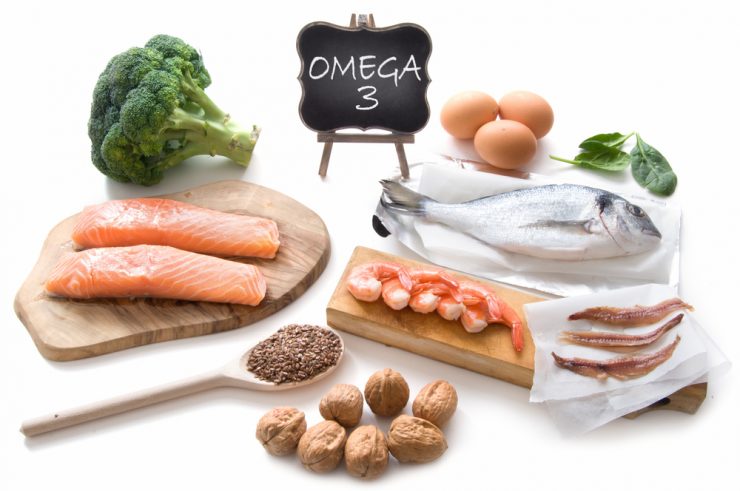“I’m a veggie and it can be a struggle to reach the recommended quota of essential omega-3 fats. I know that flaxseeds are a good source and include them in my diet whenever I can, but can you advise of any other food sources?”
Clinical Nutritionist Suzie Sawyer replies.
I understand your dilemma and it’s great that you realise the importance of omega-3s. As you’re probably aware, the omega-3 fats can’t be made in the body and have to be eaten in the daily diet. Super-important for overall health, we need them among other things for hormone function, heart health, brain function, good vision, the joints and skin.
The best source of omega-3s is fish, which of course you’re not eating, but it’s great you’re eating flaxseeds. Ground flaxseeds can be sprinkled over porridge, cereal or mixed into yoghurts. There are also a number of other delicious options for getting omegas into your diet.
Summer salads can be dressed with omega-3 oils. Nut oils, such as walnut or hazelnut, are great used on their own or added to simple vinaigrettes. Pumpkin seed oil is also delicious and high in omega-3s.
Other great sources of omega-3s are chia seeds, which work well added to berry smoothies. Green leafy vegetables, particularly Brussels sprouts, contain some omega-3s, as do avocados, which have many uses, especially when added to salads, served with prawns, or blended into smoothies.
Olive oil, although a monounsaturated oil and good for the heart, doesn’t contain any omega-3s. Coconut oil is also popular for cooking or added to recipes but, like olive oil, doesn’t contain any omega-3s. However, it can be used as an energy source, making it popular with athletes and recreational sports people, as it’s not stored in the body as fat.
























Wow that was strange. I just wrote an very long comment but after I clicked submit my comment
didn’t show up. Grrrr… well I’m not writing all that over again. Anyhow,
just wanted to say wonderful blog! https://www.paranormalhub.net/wiki/Nothing_More_To_Inquire_About_With_The_Loss_Patch